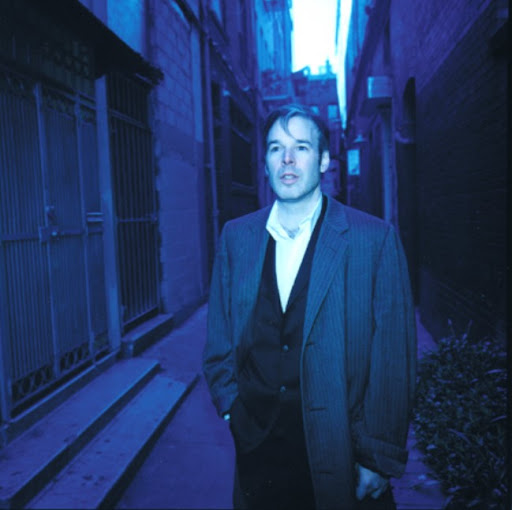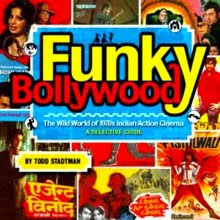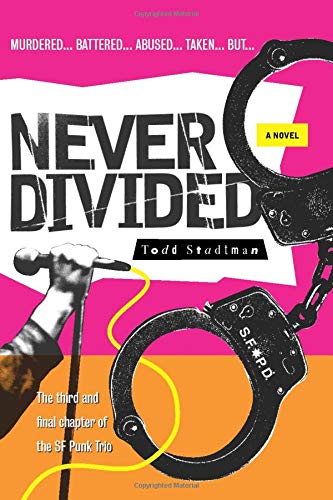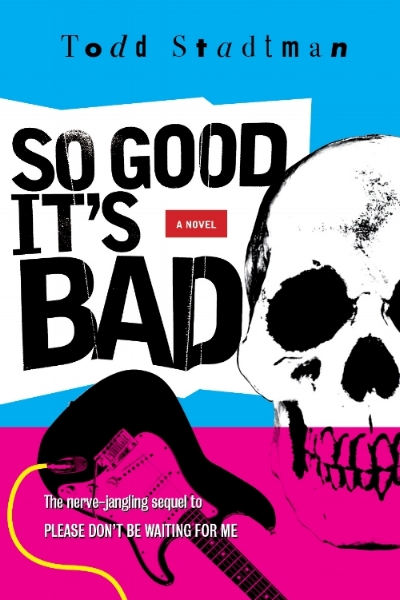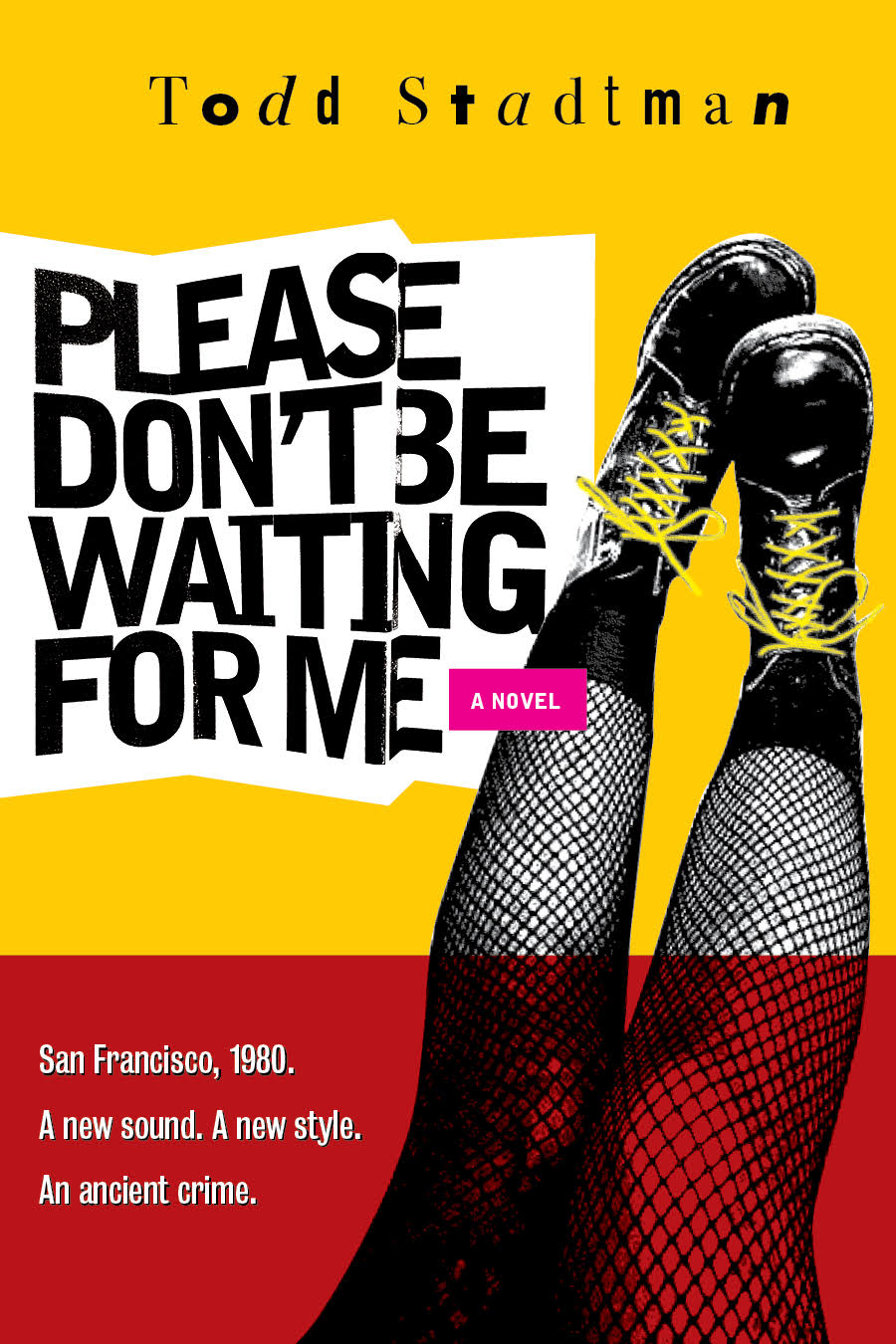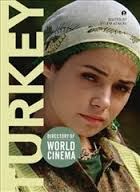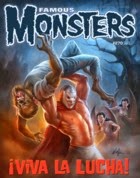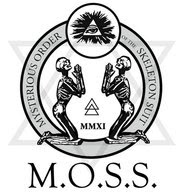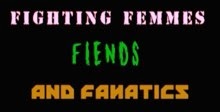What better to review during a period of concern over masculine toxicity than a film by Chang Cheh, Hong Kong cinema’s chief promoter of male dominance? Of course, Cheh, during his life, objected to critics’ focus on the suffocatingly macho nature of his movies, and most vociferously to any suggestion of homoeroticism. But other evidence suggests that the director saw his restoration of the male hero to martial arts cinema—after the extended reign of the chivalrous swordswoman, personified by
Connie Chan,
Suet Nei and
Josephine Shao, in the nation’s Cantonese cinema—as a holy crusade. Why else would his signature work,
The One Armed Swordman, begin with a symbolic castration of its hero by a female opponent, followed by that hero’s arduous struggle to once again assume his place of mastery in the Martial World. I suspect that, to Chang, this was his own struggle cast in mythic terms—his epic, hardwon battle to turn kung fu cinema into a He-Men-Woman-Haters Club, slamming the treehouse door shut once and for all on any of those icky girls who might want to join the game. Bitches.
Fortunately for Chang, among his many filmic celebrations of chiseled male physiques both ripped and torn, are a bunch of films that are just plain goofy. These include his
Journey to the West riff,
Fantastic Magic Baby, his appropriately titled final film for Shaw Brothers,
The Weird Man, and the film we are discussing today,
Nine Demons. It’s fortunate for him, mainly, because I would otherwise never get around to writing about his movies, which, 4DK being the bastion of unbridled masculinity that it is, would surely cause him to spin in his grave.
Nine Demons (aka
Nine Child Sky Demon), to the extent that it is known at all in the West, is notorious among fans of offbeat cinema for an odd quirk in its English dub. By this I mean that it’s two main characters, Zuo Qi, played by Ricky Cheng Tien-Chi, and Gan Yun, Played by Lu Feng, are known as “Joey” and “Gary”, respectively. Just as oddly, all of the other characters in the movie retain the Chinese names given them in the original. Yet those two names, spoken so often throughout the film, nonetheless succeed in injecting an element of stoner comedy into what is otherwise a fevered martial arts/horror hybrid in the style of
Boxer’s Omen—as if Bill and Ted had somehow piloted their time machine back to 16th century China.
Zuo Xi and Gan Yun (yes, I was tempted to refer to them as Joey and Gary, but my dogooder impulses impel me to correct the insult done this picture by it’s foreign dub) are the sons, respectively, of Master Gan (Chang Peng), the patriarch of the powerful Gan Manor, and his loyal associate, Supervisor Zuo (Wong Tak-Sang). When forces lead by Gan’s treacherous servant Yin stage a takover of the Manor, killing their fathers and capturing Yun, Zuo Qi escapes, only to stumble into a hole that leads to the underworld. From other films of this type (Pearl Chang Ling’s
Matching Escort, for instance) I’ve gathered that China was littered with such holes at this time, a pressing infrastructure issue that appears, by our time, to either have been resolved or become a very well kept secret.


Anyway, once in the underworld, Joey—I mean Qi—appeals to its ruler, the Demon Lord (Chris Lee Kin-Sang), to help him save his friend Gar—um, Yun. In reply, the Demon Lord tells him that, since getting his ass handed to him in an obviously ill-advised fight with God, he has been confined to the Demon Palace (which is, presumably, where we are now; there must have been some kind of copyright issue with just calling the place "Hell".) Instead he tells Qi that, if he would be willing to let himself become possessed by nine demons, he would attain magical powers that will help him in his fight against the usurpers of Gan Manor. There are down sides to this plan, naturally, and they are two in number: One is that the demons must regularly feast on human blood to retain their power; the other is that Qi himself will eventually become a demon. Needless to say, Qi agrees.

The demons, who are confined to a cage, are a noisome lot comprised of eight hyperactive little boys in grass skirts who caper around, doing backflips and sommersaults while cackling and jibbering like spider monkeys on crack. The group is rounded out by a sexy vampire lady played by Wong Gwan. These nine move about by turning themselves into flying skulls that hungrily bury their chompers into their victims. After the manifestly agonizing process of having the nine demons introduced into his body, Qi carries their skulls around with him in the form of a necklace, and uses a magical remote control called the Command Placard to deploy the demons at will.


Now, if the above sounds like a superhero origin story, it largely is—a fact driven home by the purple cape and colorful skintight outfit Qi is suddenly wearing once he’s become possessed. It also, in combination with Ricki Cheng’s feminine features and heavy eyeliner, drives home just how gay Chang Cheh’s movies can be. Though it needs to be said that Cheh might also be adopting glam rock's playful approach to gender, as Qi looks like he's one Flying V guitar away from being one of the Spiders From Mars.

Gender identity aside, Qi swoops in to save Yun in true superheroic fashion and then join him, also superheroically, in defeating the usurpers of his throne. Yun’s rule is short-lived, though, as Yi soon dispatches another team of invaders, lead by the malevolent Fu (fight choreographer Sheng Chiang) and his two brothers, who kill Yun in the course of reclaiming the Manor. Qi again escapes and takes to wandering the countryside, seeking vengeance while at the same trying to keep his demons from munching too profligately on the populace. He fails in this last task so spectacularly that the frightened townsfolk end up giving him the name “Little Monster”.
In case you were wondering, Cheh does, in addition to the vampire lady, introduce one more female character into
Nine Demon’s overwhelmingly male landscape, and she’s a whore. Mind you, this character, Miss Miao, is a
virtuous whore, having been kidnapped and forced into the sex trade at a young age. As Qi's love interest, she also fulfills the role so often relegated to women in Cheh’s movies: that of the buzzkill. Like Wang Yu’s wife in
One Armed Swordsman, Miao tries to urge our hero toward the peaceful life, thus potentially depriving us of the gore drenched pummel fest that both we, the audience, and the villains so richly deserve.
As we would expect from Cheh,
Nine Demons is stuffed to bursting with well-choreographed fight scenes. The crowning set piece is an all-comers brawl that takes place upon a lattice of bamboo poles suspended over a swamp, where Qi first battles Yin's remaining forces and then the demons themselves in a fight to save his soul. As such, it’s a pretty entertaining film and, when we’re being treated to the psychedelic spectacle of cackling, glitter-flecked skulls flying into the camera, even approaches being fun. Unfortunately it’s weighted down by Cheh’s workmanlike (i.e. always competent, but seldom imaginative) shooting style and the fact that his actors are as expressive as sentient sides of beef. All in all, it’s a film much like a college guy’s apartment: utilitarian, homely, and—despite the odd, colorful flourish—crying out for a woman’s touch.
















